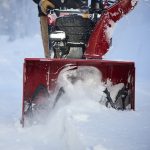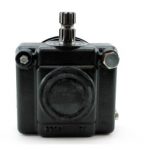As October turns to November it is once again time to winterize your lawn care power equipment. It’s important to do this maintenance work now to assure that your tools work well when you need them to in the spring and summer.
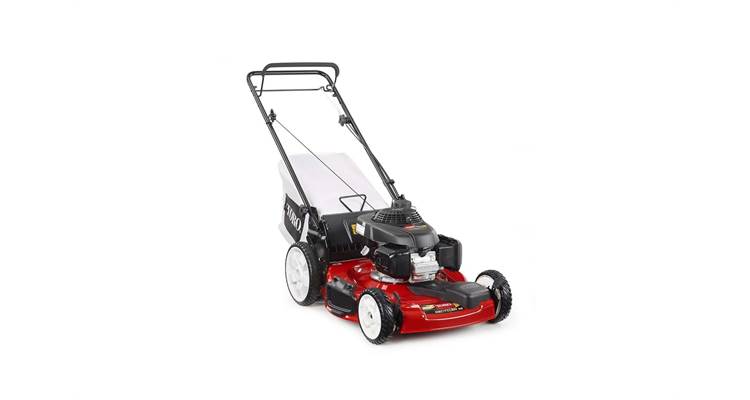
No doubt some of you are asking the question, “Why do I have to winterize outdoor power equipment?” It is to prevent particularly bad things from happening to the tools while they lay unused in the family garage or tool shed.
Reasons Why You Need To Winterize Outdoor Equipment
The main issue is to prevent corrosion and parts deterioration. However, it is also a good opportunity to clean your machines and to inspect for wear and damage that might have occurred during the working season.
Either a two-stroke or four-stroke engine powers lawn care power equipment. Winterizing involves different activity for each engine.
So, to have a detailed understanding of the winterizing work you are about to do, you need to have an understanding of the difference between a two-stroke engine and a four-stroke engine.
For example, a four-stroke engine has a bath of internal engine oil. Meanwhile, the oil is mixed into the gasoline used in a two-stroke engine. So there is no oil to change.
Gas-Powered Four-Stroke Equipment
Lawn care power equipment that commonly are powered with a four-stroke engine include:
• Walk-behind lawn mowers
• Riding lawn tractors
• Tillers
• Pressure washers
The procedure for cleaning these machines is as follows:
• Use compressed air or a leaf blower to blast out loose debris from the tool.
• Run the machine until it stops to empty the gas tank, then leave the tank empty over the winter. Or pour fuel stabilizer into the full tank of gas and let the engine run for a few minutes to treat the gas. This will prevent the collection of gum deposits in the carburetor.
• After performing one of the two methods described, spray fogging oil into the open carburetor as the engine is running. This will assure that the cylinder walls and valves remain corrode free.
• Clean the spark plug and remove its wire to avoid unintended starts. If you’re working on a mower, tip it to expose its underside and scrape out the dried grass. Examine the blade, too. If it’s damaged, replace it. If it’s dull, sharpen it.
Some suggest that it’s okay to leave the oil in a machine that uses a four-stroke engine. However, others suggest that you remove the oil. They reason that when oil lies in the machine that is not used for a period of time, it can turn sludgy, cover internal parts and cause rust.
The process of removing oil may be different depending on the machine. Generally, it is recommended that you search for an oil-safe container in which the oil can be stored. To remove the oil, unscrew the oil pipe plug to allow the substance to drain. Make sure it drains into the container. After the oil has been fully drained, re-place the drain plug.
Riding Tractors
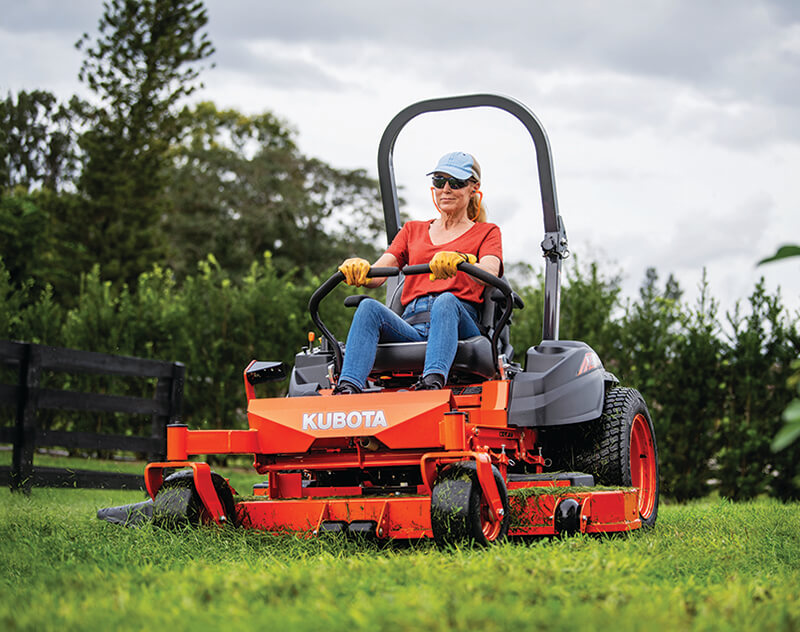
There are additional things you need to do to winterize riding lawn tractors. For example, these tractors have an oil filter that needs to be replaced.
You’ll also need to connect a trickle charger to the tractor to assure that the battery remains in good condition. If you don’t have a trickle charger, then it’s suggested that you remove the battery. Bring it indoors and remember to periodically charge it over the winter.
It is also recommended that you top off the air pressure in the tires and examine drive belts. If you find that a belt is cracked or has frayed edges, replace it.
Tillers
Perform the maintenance activity for cleaning the machine described above. Fog the machine to protect against internal corrosion.
Examine the belts. If one shows cracks or is frayed, replace it.
Finally, remove dirt from around the tines.
Pressure Washers
This is also a machine that uses a four-stroke engine. So follow instructions detailed above concerning an oil change and dealing with the gas.
Gas-Powered Two-Stroke Equipment
Power equipment that falls into this category include:
• String trimmers
• Chainsaws
• Leaf blowers
There is no need to change or remove the oil in these machines. However, there are individual maintenance procedures with each you need to follow.
String Trimmers
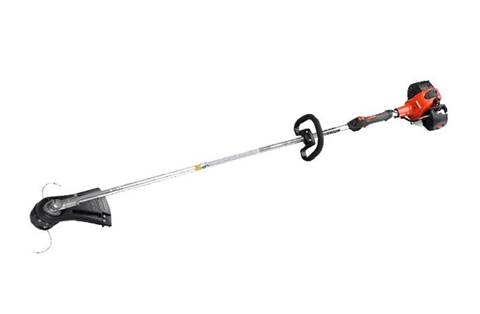
You will have to remove the air filter and fog the engine as it is running dry of gas or after adding fuel stabilizer to the full tank as described for the four-stroke engine equipment.
Follow the cleaning instructions described above for four-stroke engine equipment.
Exchange the old air filter for a new one and blow debris off the trimmer as described.
Finally, replace the supply of string so the trimmer is ready for combat come the spring.
Chainsaws
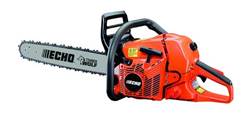
To winterize a chainsaw, follow instructions detailed for a string trimmer.
It is also suggested that you top off the chain oil reservoir and examine the chain and sharpen and adjust it if necessary before re-placing the chain guard over the bar. Store the chainsaw in a cool, dry location that is sheltered from the weather.
Leaf Blowers
There is not much for you to do to winterize a leaf blower. Just run the tank dry or put fuel stabilizer into a full tank of gas and run the engine so that the treated gas gets to the carburetor. Fog the engine, and then store the blower in a dry space.
Electric And Battery-Powered Lawn Care Equipment
There are a plethora of lawn care equipment that are powered by electricity (using a cord plugged into an electrical outlet) or a battery. There isn’t much to do to winterize this equipment. However, it is suggested that you use time to inspect these machines. For example, inspect power cords for cuts and replace if necessary.
You can use a leaf blower or a small vacuum to clean dust and debris off the machines. Once this is done, wipe the machine down with a cloth.
The machines that use batteries are now utilizing lithium-ion style batteries. So the machine can be stored in cold temperatures without worry of affecting the battery. Still, it is suggested that you remove the battery and bring it to a heated place and charge them fully before storing.
Making sure that your lawn care power equipment works properly, you need to perform maintenance on them on a regular basis. Winterizing these machines is just as important as following a regular maintenance routine.
(Sources: familyhandyman.com and lushlawn.com)

